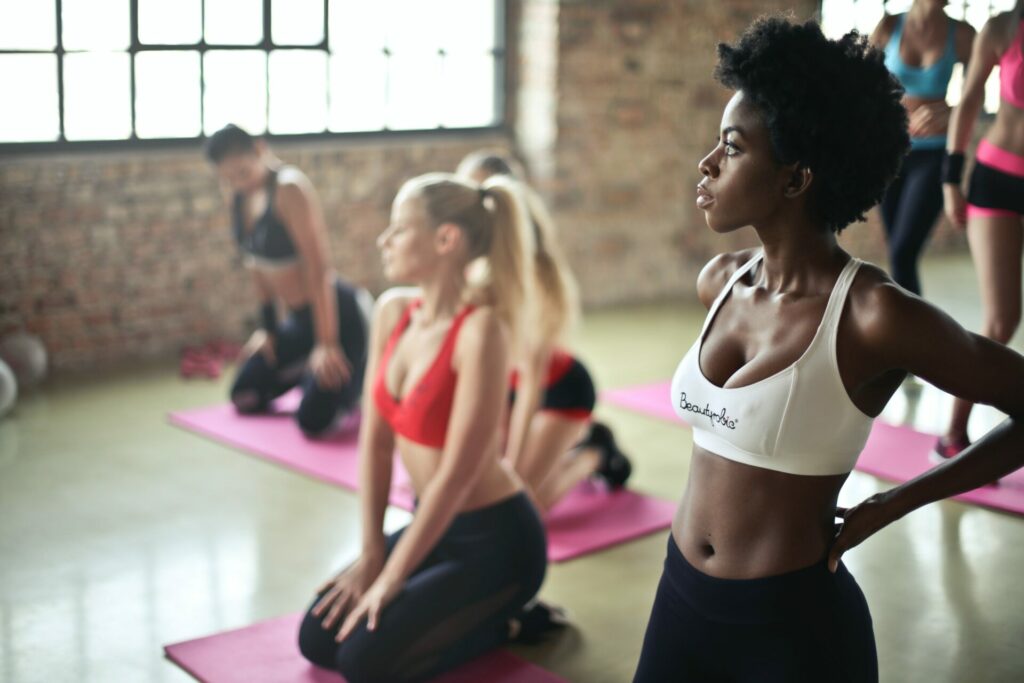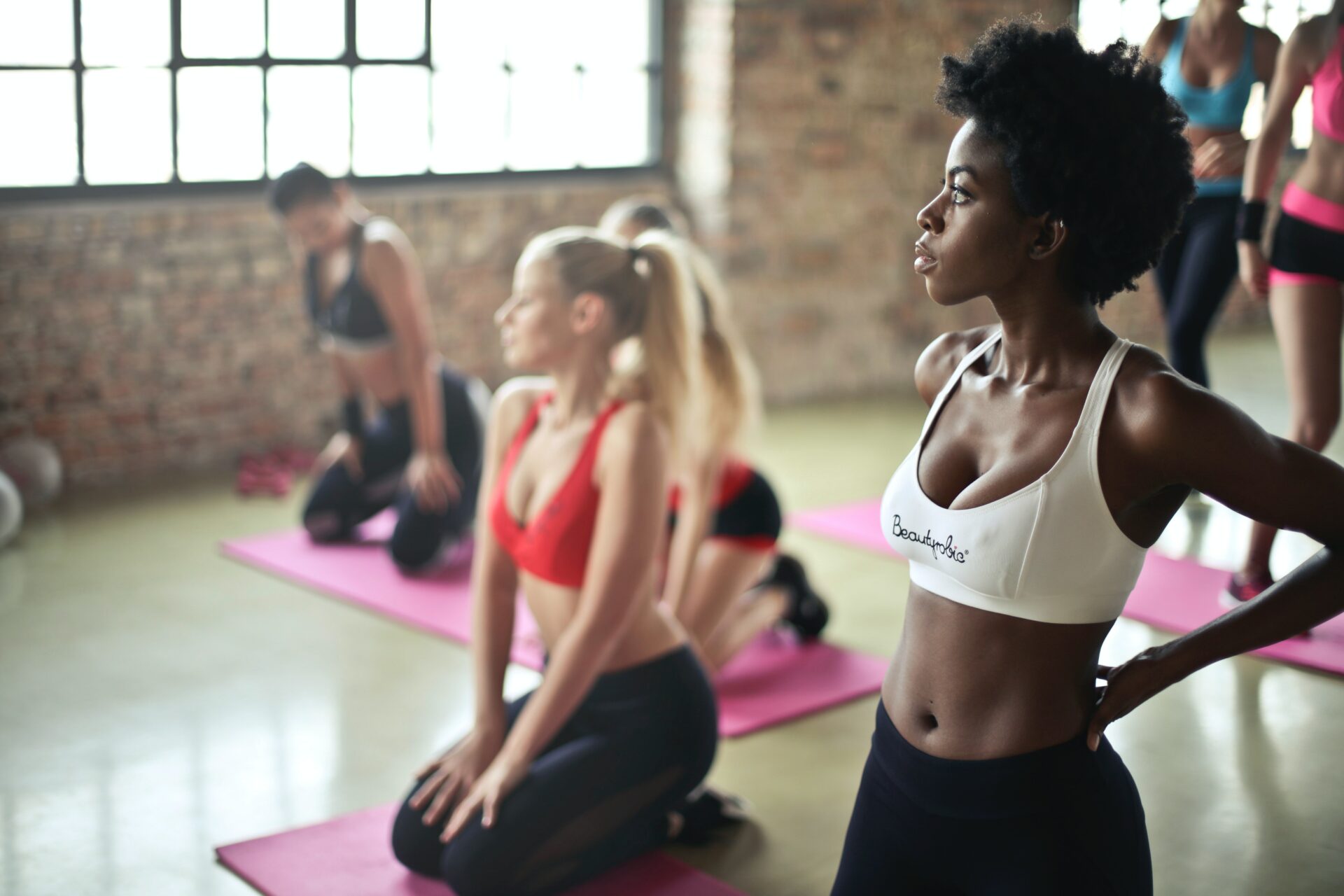It’s no secret that historically there has been, and continues to be, a gender disparity when it comes to the enjoyment of taking part in sport.
Earlier this year, Sport England revealed that their research showed that 2.4 million fewer women than men enjoy sport and physical activity and labeled this difference as ‘the enjoyment gap’.

The sports industry is not doing enough to cater for menstruation
Of those female and non-binary folk within our community, 83% said that they either always or sometimes avoid sports when they are on their period. Of this 83%, 62% said that the fear of their period showing through sportswear was most significant contributor to their lack of participation, 45% identified fear of sanitary products showing through clothes as their main fear and 50% identified sports clothing feeling uncomfortable (for example too tight or revealing) as their biggest concern.
These concerns all highlight a core issue – sportswear is currently not meeting the needs of female and non-binary folk who are menstruating. Whilst it must be said that menstruation should be normalised and should not be something to be ashamed of, the fact remains that concerns about being seen to be menstruating compounded by insecurities around body image are genuine concerns which affect female and non-binary folks’ experience of sports. Whilst football teams such as Man City have, in recent years, worked to adapt their kits to reflect these needs by changing their white shorts to blue, the wider issue around sports wear and menstruation is something that sports and activewear brands cannot ignore.
Funding and opportunities
Of those female community members polled, 62% said that they do not correctly feel that there are enough opportunities for women to have careers in sports and 100% of those non-binary community members polled said that they find it somewhat default to find information about local sports opportunities in their area. Both statistics point to a lack of access to sport.
Equally, both 58% of our female community members and 100% the non-binary community members expressed dissatisfaction with the amount of funding for local/ entry level sports programs targeted at those of their gender.
As highlighted by our community, issues around Gen Z participation in sport stem from a failure to see the importance of grass roots and local programmes for girls and non-binary folk. Whilst the government, through initiatives such as ‘Sport England’ and campaigns such as ‘This girl can’, appear to claim to care about bridging this gender gap, the finances tell a different story.
For sports brands, it’s important that they not only consider how they too can fund and pump fees into these programs, but also to consider lobbying the government and placing pressure on those with the purse strings to put their money where their mouth is.
Representation
When asked if they feel people who are like them are represented well in sportswear campaigns, 100% of our non-binary respondents and just over half of our female community members (52%) told us that they didn’t. Whilst this representation encompasses multifaceted and intersectional identities (we cannot ignore for example that many of our community members would have of course factor in their race, sexuality, body image, economic background etc into their answer), this lack of representation across the board fundamentally contributes to a collective of non-binary people and females who are still waiting to see campaign that speak to them.
Moreover, representation was even lower when we asked our female community if they feel represented in professional sports teams and spaces with 61% telling us that they didn’t. Equally, 100% of our non binary community members told us that they did not see people like them in professional sports settings. This lack of relatable role models and inspiration potentially speaks into a lack of sports take up. If people do not see people like them in professional sporting careers, they are potentially less likely to see sports as a career and, as a result, less likely to take up or continue to pursue sports past a certain age.
Representation is not about meeting a quota but a vital and non negotiable factor that ensures that spaces are opened up to groups and individuals. It’s no secret that if people don’t see people who look like them in certain spaces, they are less likely to enter those spaces out of a subconscious or conscious fear that that space is not for them.
Authored by Helena French, Client Success Executive at Imagen Insights

